Arab League condemns US veto of UNSC resolution on al-Quds
The Arab League has lashed out at the US for vetoing a UN Security Council (UNSC) resolution which called for annulment of Washington’s controversial recognition of Jerusalem al-Quds as Israel’s capital.
On Tuesday, Arab League Secretary General Ahmed Abul Gheit expressed discontent over the US veto against the draft, saying the measure will lead to isolation of the US.
Abul Gheit noted that using the veto right against other 14 UNSC member states reveals Washington’s flagrant defiance of a clear international consensus over the issue.
He said the Arab countries will present the draft resolution to the United Nations General Assembly under the article 377, "Uniting for Peace," to make it mandatory for all member states.
Under the Uniting for Peace resolution, if the permanent members of the UN Security Council fail to take the required actions to maintain international peace and security due to a lack of unanimity, the General Assembly should immediately consider the matter and issue the necessary recommendations.
On Monday, US ambassador to the UN Nikki Haley vetoed a UN Security Council’s resolution which called for annulment of Trump’s controversial decision regarding Jerusalem al-Quds.

Fourteen members of the 15-member council voted in favor of the Egyptian-drafted resolution, which did not specifically name the US or US President Donald Trump but expressed “deep regret at recent decisions concerning the status of Jerusalem” al-Quds, while US Ambassador Nikki Haley wielded Washington’s veto against the call.
Hezbollah slams US bullying
Lebanon’s Hezbollah resistance movement also condemned the US “bullying” at the Security Council, calling it a “slap” in the face of the global community.
In a statement on Tuesday, Hezbollah called on the global community not to surrender to the US policies and urged the Palestinians to continue their “successful uprising.”
On December 6, Trump announced his decision to recognize Jerusalem al-Quds as Israel’s capital and relocate the US embassy in occupied lands from Tel Aviv to Jerusalem al-Quds.
The dramatic shift in Washington’s Jerusalem al-Quds policy drew fierce criticism from the international community, including the United States’ Western allies, and triggered demonstrations against the US and Israel worldwide.
Jerusalem al-Quds remains at the core of the Israeli-Palestinian conflict, with Palestinians hoping that the eastern part of the city would eventually serve as the capital of a future independent Palestinian state.
Tel Aviv tells Damascus Israeli forces will remain in occupied territory: Report
Dec. 22: ‘Axis of Resistance’ operations against Israeli occupation
‘Abhorrent’: Oxfam says only 12 trucks delivered aid in North Gaza since Oct.
VIDEO | Leader receives religious eulogists on Hazrat Fatima birth anniv.
Pope Francis slams Israel’s ‘machine-gunning’ of Gaza children
US hostage-taking of Iranian nationals violation of intl. law: Deputy FM
VIDEO | Carol Singers for Palestine on London’s Parliament Square
Ansarullah says ‘Israeli terrorists’ incapable of confronting Yemen, warns of secret weapons


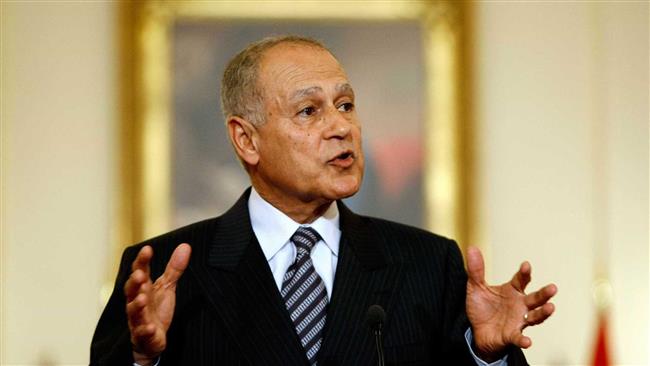


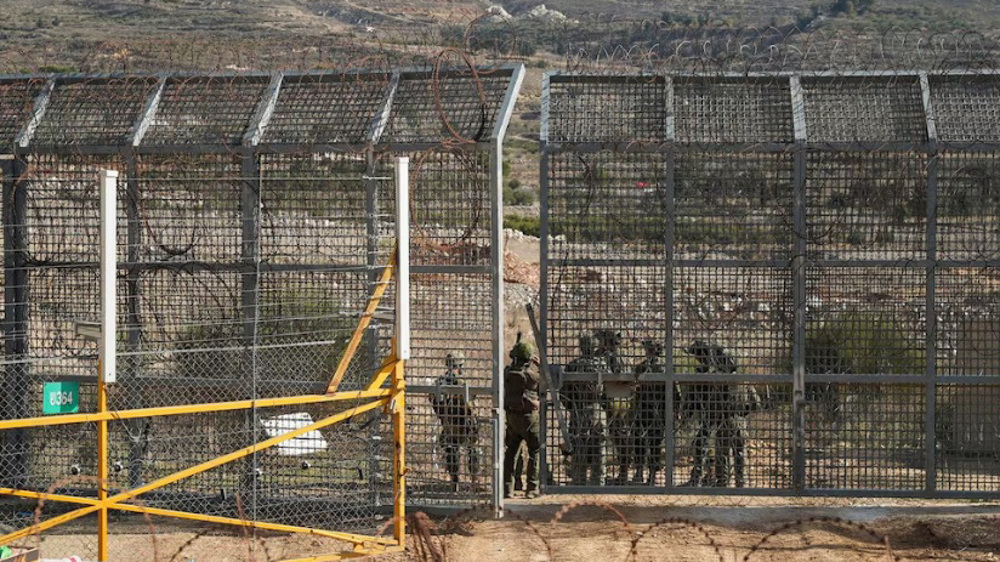



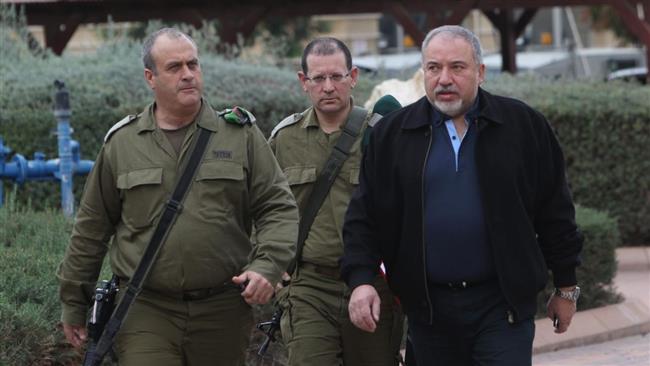
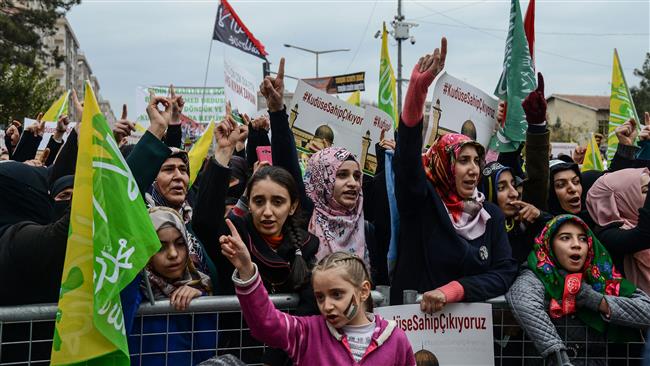
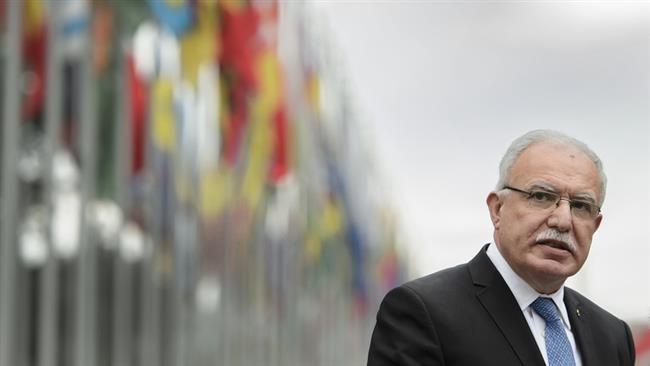

 This makes it easy to access the Press TV website
This makes it easy to access the Press TV website